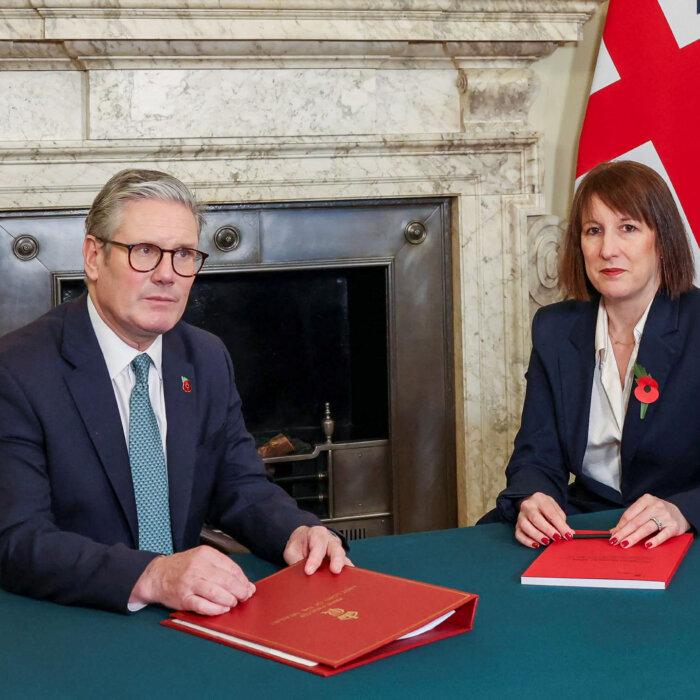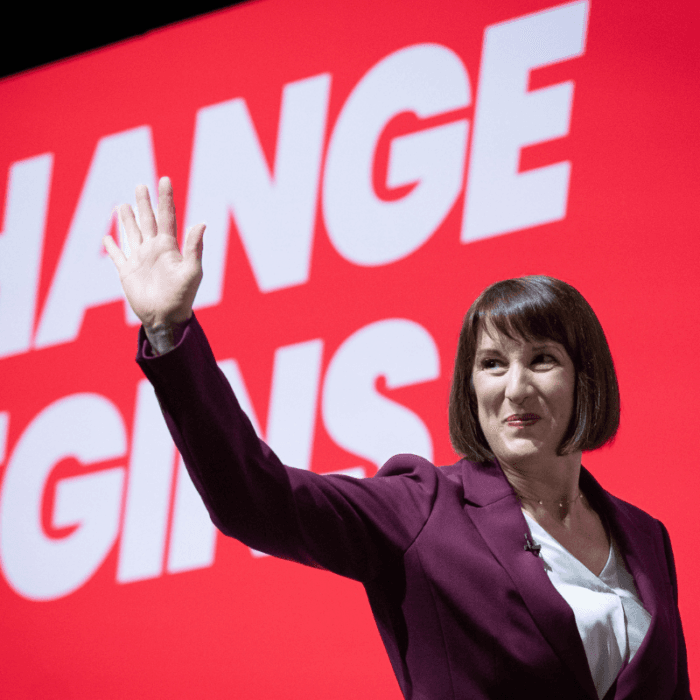August accounted for growth of 0.2 percent, but followed a period of no growth in both June and July. October figures mean it is the first time the economy has contracted for two consecutive months since March and April 2020, during the onset of the COVID-19 pandemic.
Chancellor Rachel Reeves has called the latest growth figures “disappointing.”
The contraction in economy was driven by falling output in production and construction. October saw production output drop by 0.6 percent, while construction fell by 0.4 percent.
Mining and quarrying appeared to be the major culprits, driving production down, following the sector decline of 0.5 percent in September.
In construction, four out of the nine sectors saw decreases in October. The main contributor to the monthly decrease was private housing repair and maintenance, which fell by 3.8 percent. Despite the latest fall, construction grew both in September and in three months to October, by 0.1 and 0.4 percent respectively.
The largest proportion of the country’s output and employment—the services sector—recorded no growth in October, after also stalling in September.
Budget Impact
Liz McKeown, the ONS’s director of economic statistics, said that despite falls in some sectors, the economy still grew over the last three months.“The economy contracted slightly in October, with services showing no growth overall and production and construction both falling. Oil and gas extraction, pubs and restaurants and retail all had weak months, partially offset by growth in telecoms, logistics, and legal firms,” she added.
The ONS also reported a wide-ranging response across industries to the policy announcement in the October Budget.
Manufacturers, wholesalers, and retailers among other industries said they were negatively affected by the Budget decisions.
Recession Watch
The Institute of Economic Affairs economics fellow, Julian Jessop, said on X that the GDP data for October “should put the UK firmly on recession watch.”Responding to the latest ONS data on trade, the head of trade policy at the British Chamber of Commerce, William Bain, said in a statement that the slowdown links in with other economic data showing a dampening of demand.
“Trade data from Germany this morning also shows a 2.8 percent fall in goods exports during October, so the UK is not alone in facing a slowdown.
“Although goods exports in October did not see the volatility of previous months, there was still a 2.6 percent drop in volumes. Goods exports to the EU fared better than exports to the rest of the world,” he said.
Bain urged the government to deliver a “clear plan” to boost export performance in key sectors to drive growth.
Labour’s ambition is to make the UK the fastest-growing economy among the G7 nations. In December, Prime Minister Sir Keir Starmer reaffirmed the government’s commitment to enhancing household disposable income across the UK by the end of the parliamentary term.







